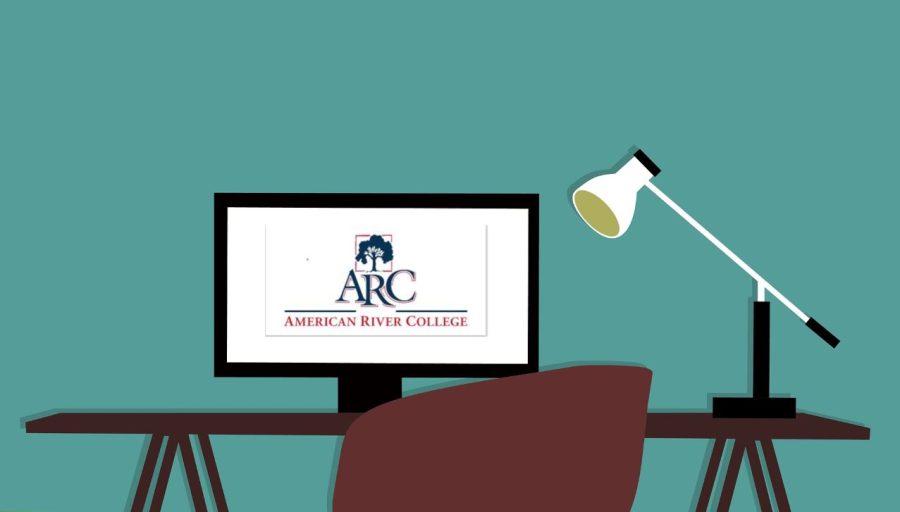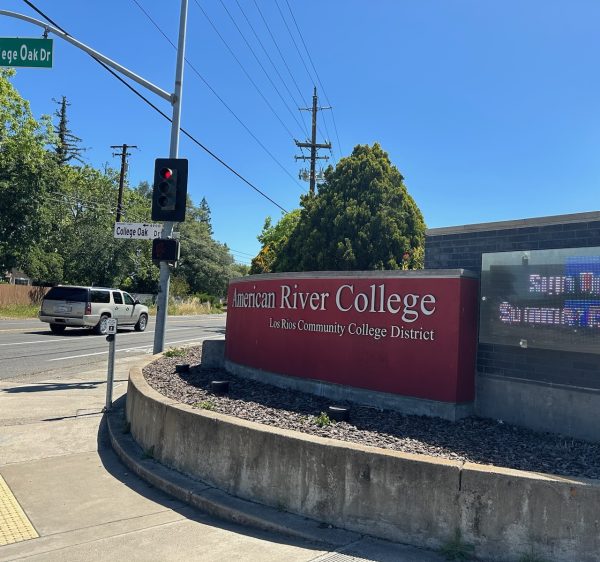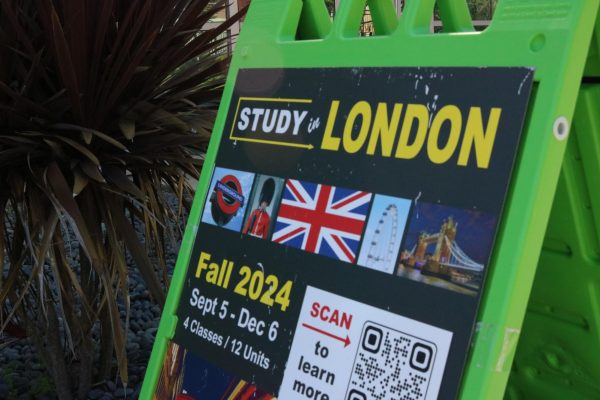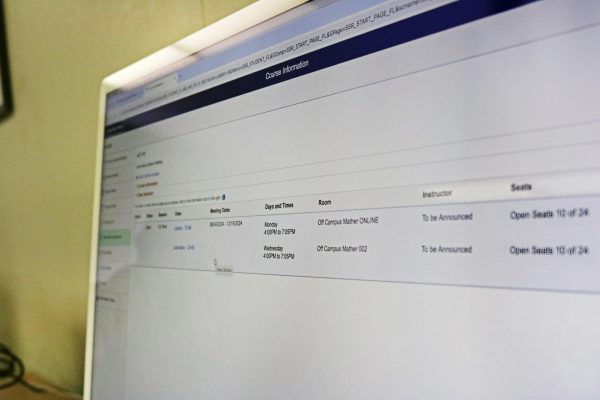CCC Chancellor urges students to submit financial aid application
Over 100,000 students that were not previously eligible have become eligible
Chancellor Eloy Ortiz Oakley gave an update on important topics for California community college students during the Feb. 22, 2022, Student Media Teleconference. (Photo Illustration by Jaqueline Ruvalcaba)
The California Community Colleges Chancellor’s Office hosted the first Student Media Teleconference for the spring 2022 semester on Feb. 22. Eloy Ortiz Oakley, CCC chancellor, spoke with students about topics that affect community colleges, students and communities.
Oakley kicked off the teleconference by emphasizing the importance of financial aid to the CCCCO. Students have until March 2 to submit their Free Application for Federal Student Aid or California Dream Act application.
“There are many types of aid. For things like scholarships, rely on the FAFSA and [CAADA] application for them to be considered for those scholarships,” Oakley said. “We are encouraging students not to delay and to get their applications in as soon as possible.”
According to Oakley, the CCCCO is making efforts to improve financial aid at a state and federal level. This includes pushing for fiscal increases and eligibility changes to the California and Pell Grant.
“On our December call, I mentioned that there have been changes taking place in the California grant system that allows more community college students to get more aid,” Oakley said.
Over 100,000 students that were not previously eligible became eligible because age requirements and other requirements were lifted, according to Oakley.
The CCCCO also continues to push the importance of community colleges on the economy as the California legislature contemplated California Governor Gavin Newsom’s January budget.
Oakley spoke about the findings of a report released by the CCCCO in January called the Economic Value of the California Community College System. Oakley says this report uses an array of data to determine how much of an impact community colleges have on local and state economies.
“We are not just pleased with the results of the study, but we’re very proud of the contributions that our colleges and our students make to their communities,” Oakley said. “Every dollar invested in students’ education equates to at least five more dollars in future earnings.”
Oakley also acknowledged the decline in student enrollment across community college systems as well as universities and what steps the CCCCO is taking in an effort to boost enrollment.
“We’re working tirelessly to encourage prospective students, returning students and even current students to take advantage of opportunities that exist,” Oakley said.
According to Oakley, gaining credits through prior qualified learning is an opportunity that many students need to know about. Some forms of qualified prior learning include work experience, military experience, apprenticeships, internships and more.
The CCCCO encourages anyone that has questions to contact CCCCO Public Information Officer Carrie Tan at [email protected] or CCCCO Director of Communications Paige Dorr at [email protected].















